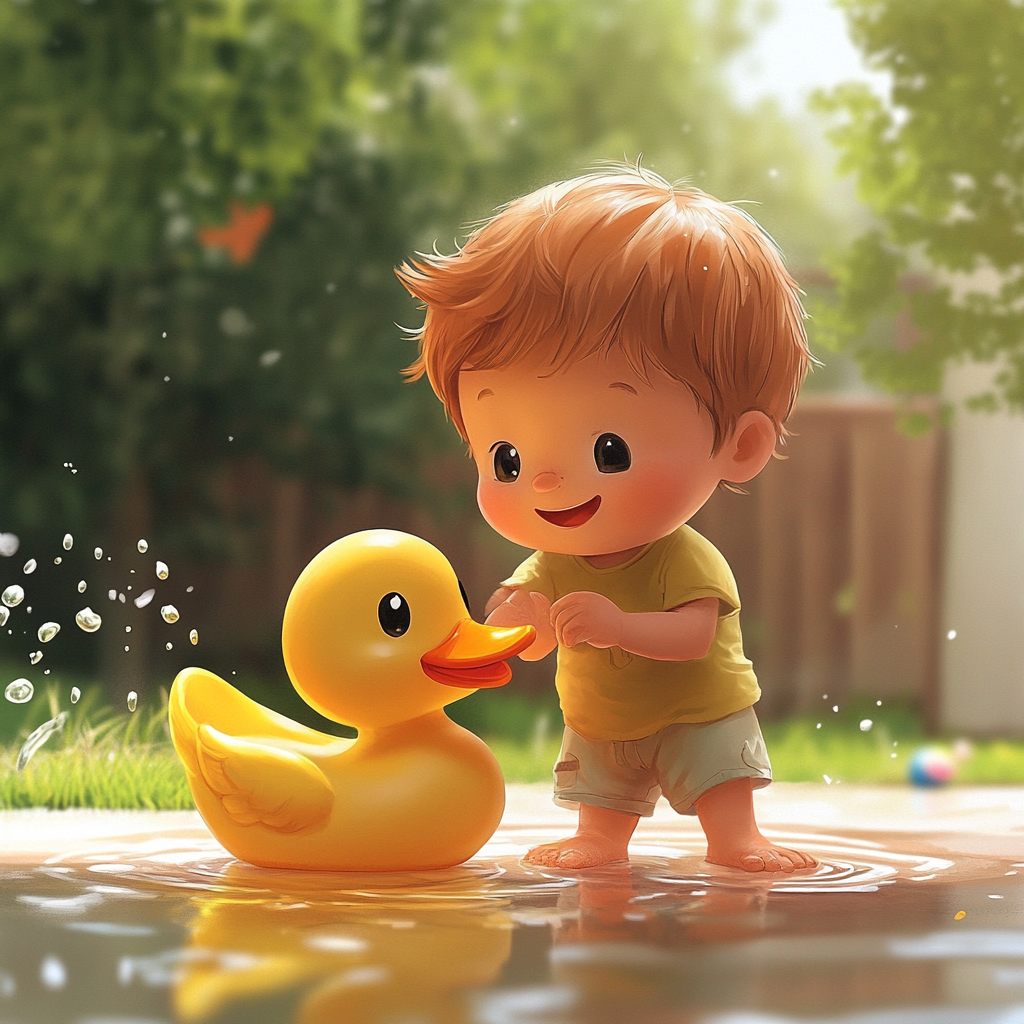You would think, as is often the case with large corporate enterprise, that the company culture and the product or service are two separate things—that the physical commodity is the product. But anyone who truly understands human behaviour and buying psychology knows this isn’t true. The customer isn't just buying an item. They are buying what that item gives them, what it helps them feel, what it helps them avoid. It’s not the product—it’s the transformation the product promises. Strip it back further, and it becomes clear: it all comes down to emotion. The customer is seeking to remove discomfort or gain something more desirable, and the company's ability to consistently deliver this shift—this emotional outcome—is what they are really paying for.
So, when we understand that, we can see the company itself is the product. Not the item on the shelf, not the service on the website. It’s the business’s ability to hold, deliver, and transfer change to the client. It’s the container. Think of the company like a glass that holds the water. You can have the cleanest, purest water in the world (the product), but if the glass is filthy, cracked, or weak, what’s the point? The water becomes tainted. The experience is ruined. The container—the company—matters just as much as the commodity. And that glass is made up of people. Energy. Culture. Spirit. If you don’t believe in energy, maybe you’ve forgotten how it feels to be dismissed by a customer service rep, or how frustrating it is to work with someone who's cold or defensive when you're trying to reach a goal.
When a company neglects the emotional wellbeing of its employees, it tells them—directly or indirectly—that they don't matter. When team members are experiencing personal trauma, such as separation, grief, or family court battles, and management fails to acknowledge it or support them, that emotional weight spills into their work. It becomes the tone of every email. The expression on every face. The slight hesitation in every interaction. And that’s what the customer feels. They don’t see the policies on paper. They feel the people behind them.
A business can have the perfect script, marketing campaign, or sales process—but if the staff behind the counter are drained, unsupported, or disconnected from the mission, the customer feels it. This is why company culture is not a department—it’s the entire business. You can’t fake alignment. You can’t decorate over resentment. And the companies who think they can will continue to struggle with high turnover, poor morale, and flatlined brand loyalty.
A culture of fear, especially in organisations where employees are scared to speak up, scared to take time off, scared to ask for help—especially after traumatic personal events—creates a ripple of instability that no spreadsheet can measure. And it’s not just about retention. It’s about integrity. A business that embodies calm, safety, and care doesn’t panic when a client walks away or when an employee needs space to regroup. It doesn't abandon its values to chase revenue. It adapts without losing itself.
Because there’s a big difference between performing for the sake of appearance, and being grounded in a belief that what you offer truly matters. Plenty of businesses have shiny branding, trendy offers, and great systems—but no soul. No spine. No presence. And people feel that. Just like in dating: a luxury car, a nice watch, and well-rehearsed lines don’t mean anything if you can't offer someone emotional connection. A person who’s been hurt in love can easily reject a healthy partner simply because they’re triggered by similarities. It’s not logical. It’s emotional. The same is true in business. The way your employees feel is the way your business will perform.
So no, your product isn’t just the tool, or the course, or the packaging. It’s you. It’s your culture. It’s the experience, the energy, the way people feel after they interact with your brand. And if your staff feel unsafe, unseen, or unsupported—that’s what the customer receives. The most successful companies know this. They invest in it. They protect it. Because they understand the commodity may evolve—but the integrity of the company can’t.
And in the end, people don’t buy things. They buy trust. They buy you.
Parents don't buy a rugby ducky for their children for bath time. They buy the smiles and the laughter. The same is true for the rose bought for a woman, its the look in her eyes, the smile on her face, while this gesture seems to be lost in the modern world of dating, its till holds true to the character of the man.
